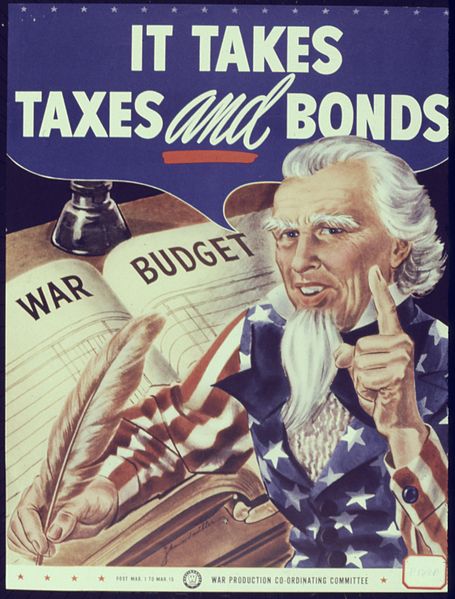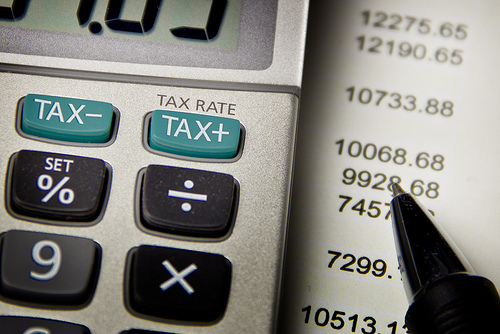
Once again one of my kids came up with yet another great question. I was working on my quarterly tax return, and honestly, I answered without thinking too much, “Sometimes you just don’t feel like doing it.” I am sorry to confess that even ethics professors have their temptations. His question caught me off guard, and it might be a good opportunity for reflection on the matter.
When evaluating a prickly matter such as this ethically, we can approach it from different fronts, yet all from the decision-maker’s point-of-view. I think that two parties stand out:
- The State, or its administrative apparatus in a broad sense.
- The passive parties, i.e., companies and citizens.
We’ve read two paragraphs, but what we really want to know is the answer to the question: When is it morally acceptable to not pay your taxes? And if someone with much greater intellectual and moral authority than I gives us a justification for our fiscal decisions, then we’ll be able to sleep at night, (until the tax authority notifies us that we are being audited).
All jokes aside, the problem is indeed tremendously complex. To be able to discuss it, first we need to understand the rationale behind taxes. After that, we can evaluate the topic ethically from the point of view of the government administration, and finally, arrive at a moral decision for taxpayers.

It’s the State’s responsibility to promote the common good. Herein lies the justification and limitations to its taxation rights: the principles of solidarity (each individual should contribute along with his or her counterparts to the common good) and of subsidiarity (a large social structure should not interfere with the internal goings-on of a smaller social group and deprive it of its competencies, but rather it should support and assist it in coordinating its action with the other social components towards the common good).
The principles of solidarity should be focused or modified in such a way that they avoid burdening citizens with more than is necessary and it should do so both proportionally and fairly. On the other hand, the principle of subsidiarity demands that the space for freedom cannot be destroyed, taking on more public services than what is strictly necessary and to the degree that they cannot be covered by private initiatives.
In analyzing the State’s morality in terms of its fiscal model, we would have to focus on fiscal pressure, its respect for human rights, the proportionality between the tax burden and its citizens’ earning potential.
In terms of how the proceeds from taxation are applied, we would have to analyze what the appropriate use of the funds would be, the rationalization of spending, the efficiency of the public administration, the management of the deficit, transparency, etc. And herein lies the ethical judgment of laws and ultimately of the governing body.
Without rigor, we cannot evaluate justice or injustice
Now, let’s take a look from the taxpayer’s point-of-view. I think we would agree on the moral obligation to pay fair taxes that are fairly distributed. But the controversy lies in the very moral judgment of those taxes and how they are applied.
The blind cry of injustice can camouflage two oversights: First, in almost every case there is a lack of rigor in analyzing that injustice. Second, a general amendment is often applied without focusing on what is really unjust, making the justification of the tax’s unfairness something that remains in a comfortable yet vague limbo without rigorous analysis.
Fraud damages society but also those who commit it

For a law to be just, the following conditions must be met: it should come from a legitimate authority, be geared towards the common good, and the burden should be proportionally and universally distributed.
The last point is the one that those of us who act within the rule of law really sweat about most: excessive taxes, a lack of proportionality, illegal ends, waste, etc. Yet, if we are truly going to judge these topics we need to look at them in depth.
All that being said, we think that a specific aspect of a tax is unfair after having reasoned in depth and conscientiously. Is this a case where I can opt not to pay? Not so fast. Injustice demands that we take the necessary steps to legally remedy an unjust situation through democratic means, both political and legal, before making the decision not to pay. Once you make the said decision, we need to be aware that both insubordination and tax evasion have consequences that damage both society – which is not restricted only to the State – and the person who makes the decision.
So, when is it morally acceptable not to pay your taxes? When the tax or its implementation is truly unjust, in which case – beyond your own personal judgment – perhaps it would be wise to seek council and find the means to remedy the injustice, and finally, to act on our conscience.


Estic molt interessat amb aquest tema? És curiós que entre tants catòlics és percebi com a correcte no pagar impostos. Àdhuc entre bons catòlics i ben formats! Aquí els pastors han de fer molts pedagogia encara.